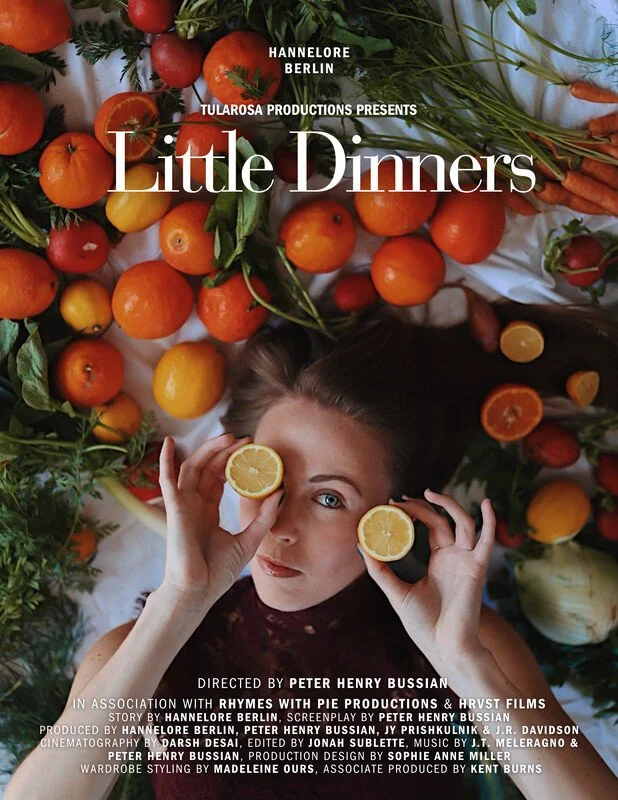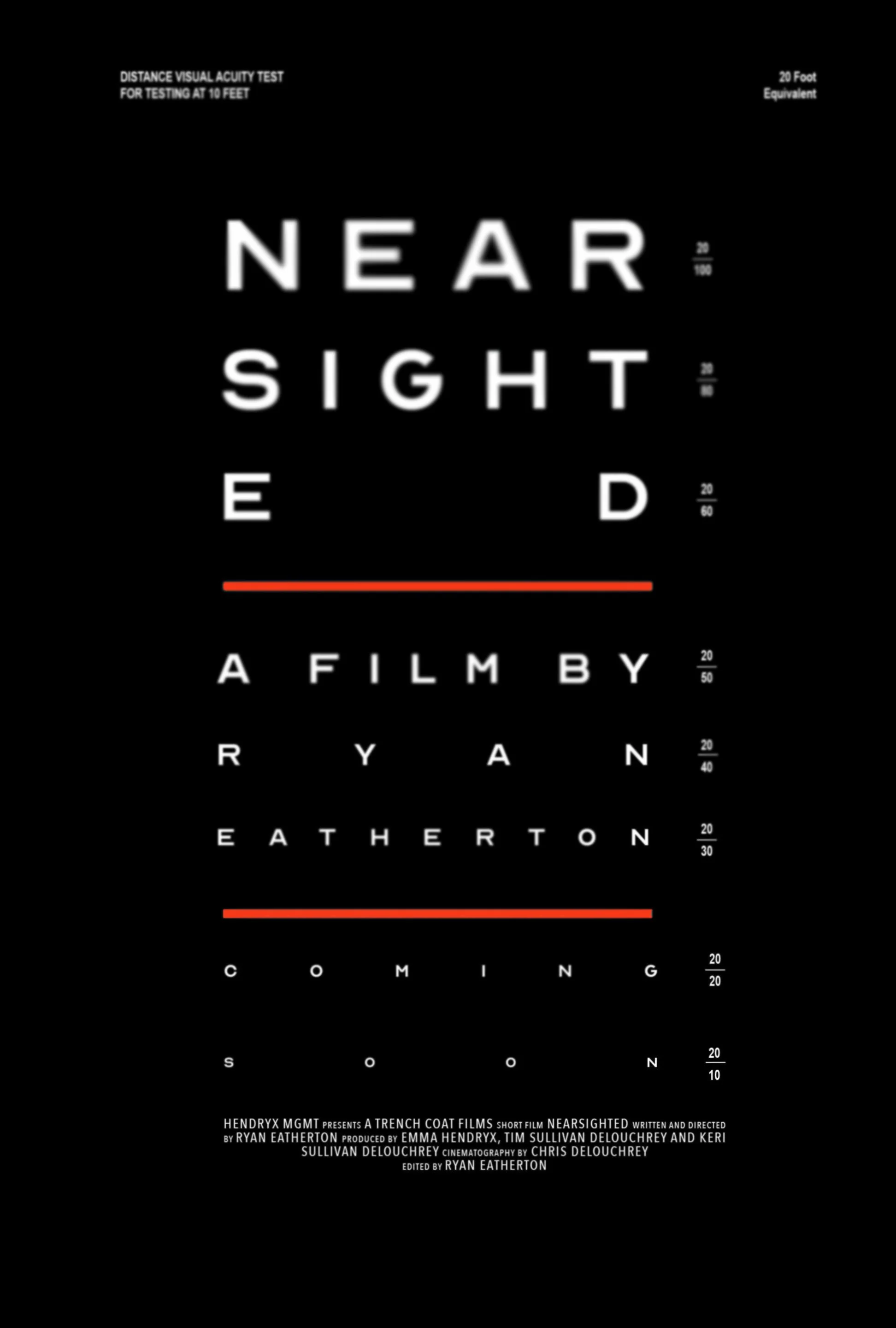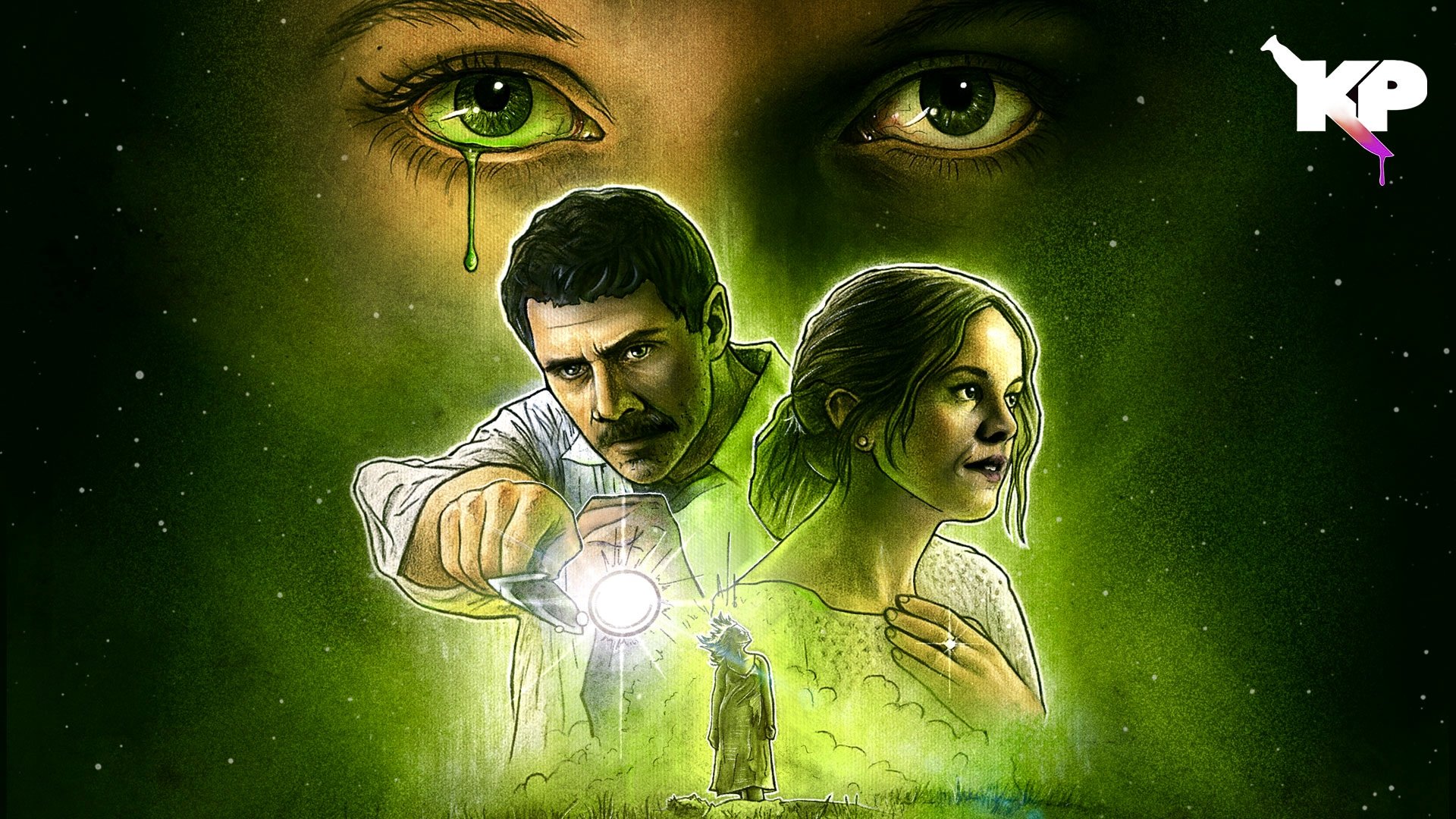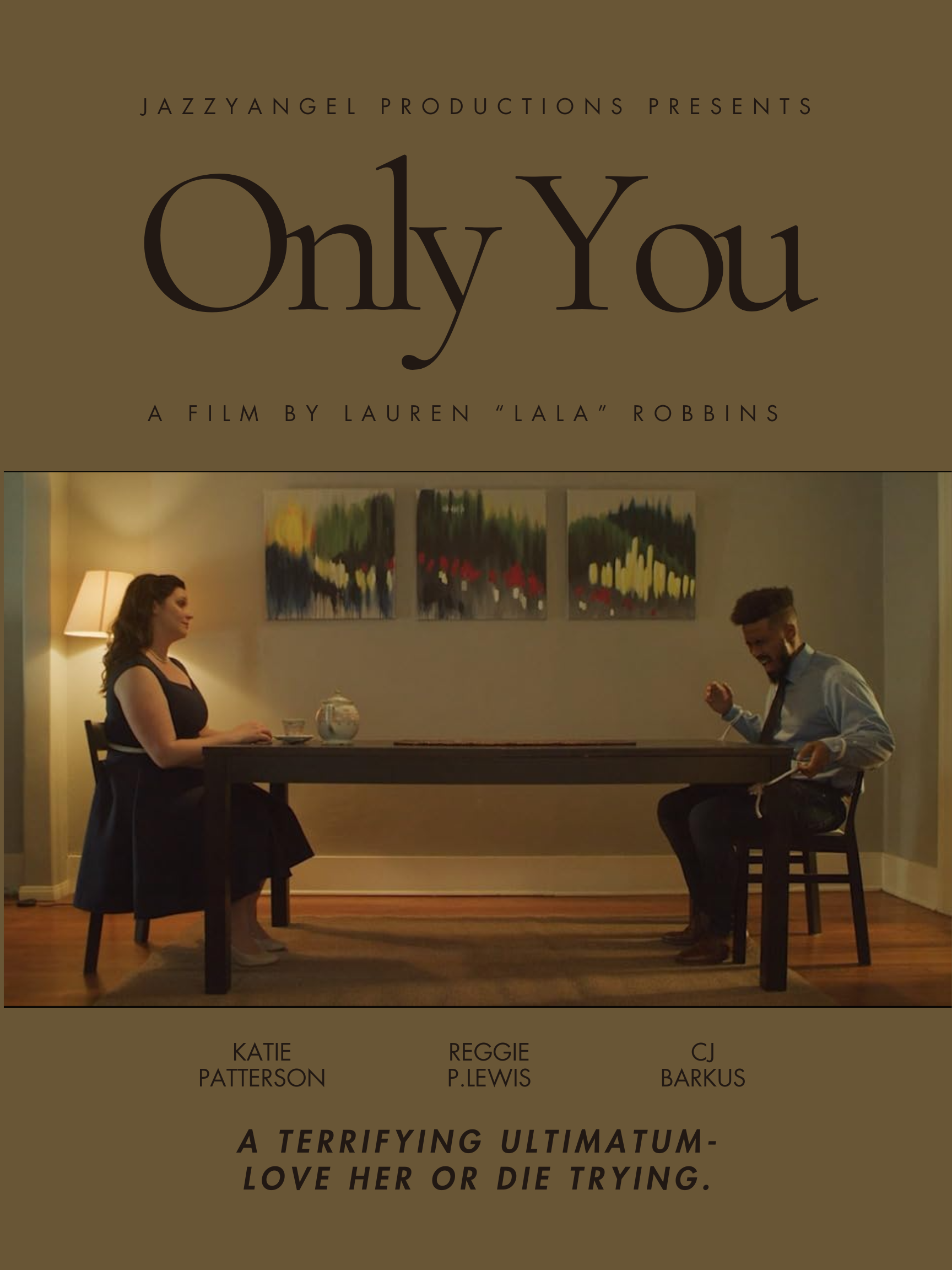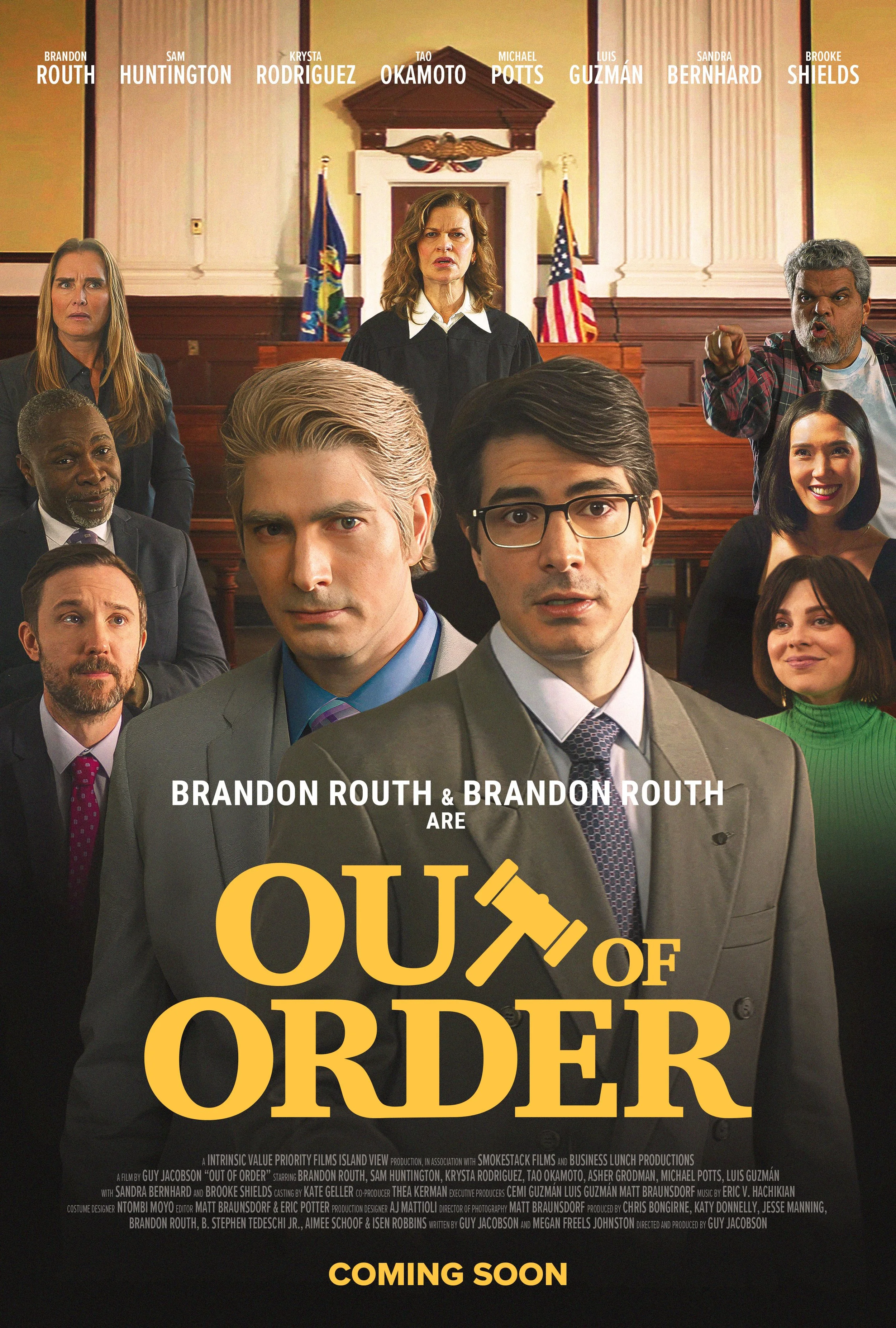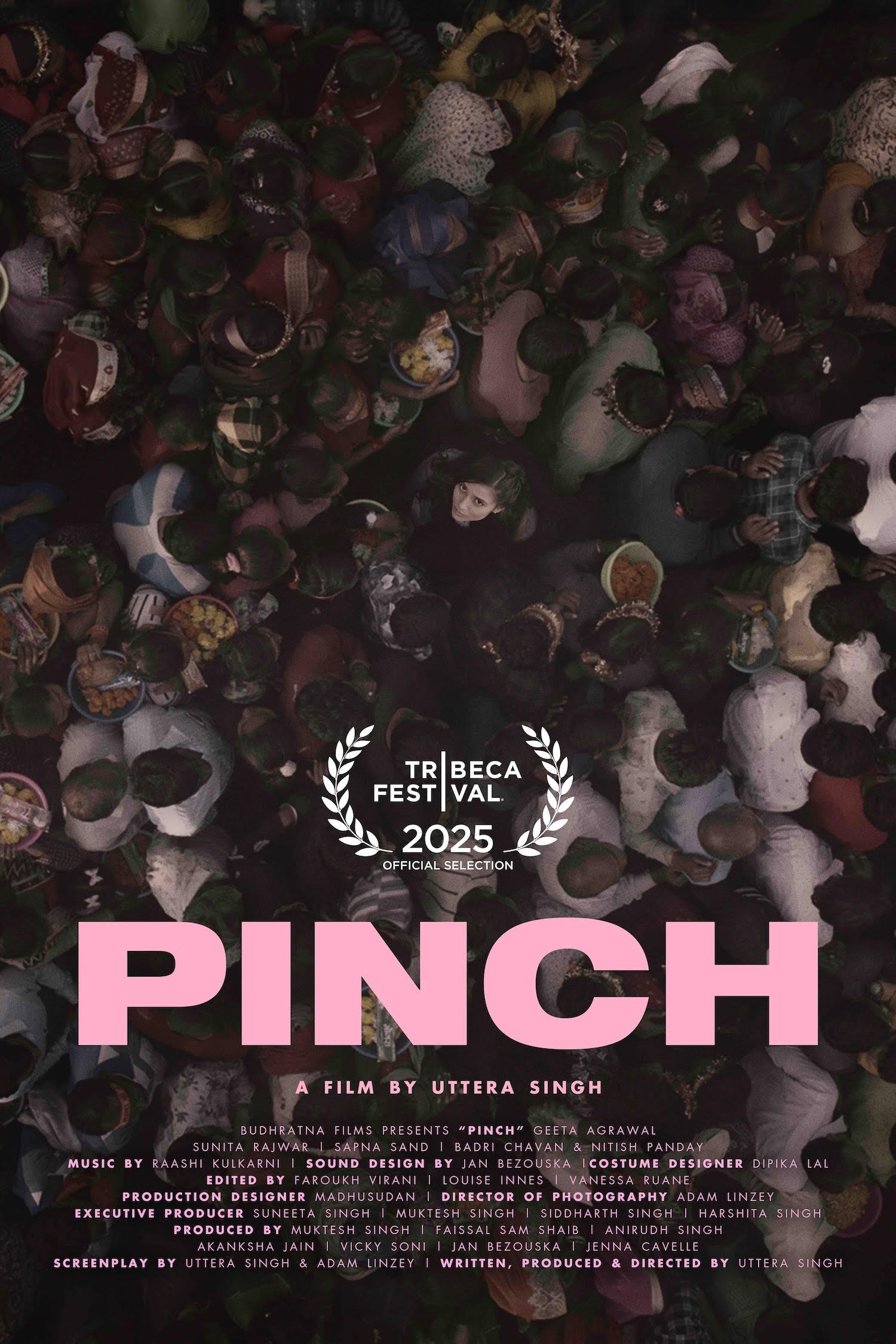Official Selections: LA Indie Film Festival
Congratulations to our accepted filmmakers!
Complete Line-Up Below
Films are listed in alphabetical order, index to the left.
Use Index to learn more about each film.
Life Listens to Javera
Whatever it is, the way you tell your story online can make all the TV Pilot
WORLD PREMIERE
A hopeful story about how Javera hits rock bottom in the streets of LA, then meets her new mentor Lena who changes her life forever.This is the Pilot of the Life Listens TV docuseries.
Director: G. K. Hunter
Producer: Lena Antoci
Writer: G. K. Hunter
Cast: Javera Knox, Jayda Knox, Terry Bright
Editor: Brad Stoddard
Website: https://gkhunter.com/documentaries/.
Little Dinners
Short
Los Angeles Premiere
Little Dinners follows a day in the life of Vera, a young woman who's recently moved to Los Angeles. All alone on New Year's Eve, she decides to chase away the big city blues by throwing a dinner party for one.
Director: Peter Henry Bussian
Producer: Hannelore Berlin, Peter Henry Bussian, J.R. Davidson, Jy Prishkulnik
Writer: Story by Hannelore Berlin, Screenplay by Peter Henry Bussian
Cast: Hannelore Berlin, Elaine Zlaket, Catalina Garayoa, Sophie Anne Miller, Gonzalo Martin, Dorothy Marie Greenwood, Katrina Gaedcke
Cinematographer: Darsh Desai
Editor: Jonah Sublette
Instagram: littledinners.film
Nearsighted
Short
West Coast Premiere
The directorial debut of Ryan Eatherton, Nearsighted is a claustrophobic nightmare that simulates the experience of having impaired vision while trapped in a terrifying circumstance. Before bed, a man leaves his glasses on the nightstand... He awakens, in the dead of night, to find— his glasses are missing... And something's in the house...
Director: Ryan Eatherton
Producers: Emma Hendryx, Chris Delouchrey, Ryan Eatherton
Writer: Ryan Eatherton
Cast: Ryan Eatherton
Cinematographer: Chris Delouchrey
Editor: Ryan Eatherton, Chris Delouchrey
Awards: Official selection of the Chicago Horror Film Festival and Nashville Horror Film Festival
Night Spider
Short
World Premiere
A couple’s wedding night is turned upside down after an unexpected visitor arrives.
Director: Joey Koenig
Producer: Joey Koenig, Urvashi Bhasin, Ted Koenig, Westin Peckels
Writer: Joey Koenig
Cast: Dane Larsen, Rebecca Gomberg
Cinematographer: Urvashi Bhasin
Editor: Joey Koenig
What began in college as a feature script about generational aliens, years later, evolved into this proof of concept. Focusing the project to its emotional core became the challenge; and creating something intimate with so little screen time to explore the initial themes of free will and humanity.
Website: https://www.koenigpeckelsproductions.com
Instagram: https://www.instagram.com/kp_short_films
Only You
Narrative Short Film, Suspense Thriller
A quiet homecoming curdles into a psychological trap when a lonely man discovers his stalker has already made herself comfortable, cooked dinner, and decided they belong together. What follows is an unsettling power shift where politeness becomes menace and intimacy becomes the sharpest weapon in the room.
Director: Lauren “LaLa” Robbins
Producer: Angela Dirksen, Savvy Jaye, Katie Patterson. William Patterson
Writer: Katie Patterson
Cast: Katie Patterson, Reggie P. Louix, C.J. Barkus
Cinematographer: TinNgai Chan
Editor: Savvy Jaye
Website: www.JazzyAngelProductions.com
Facebook: https://www.facebook.com/OnlyYouMovie/
OUT OF ORDER
Feature
Los Angeles Premiere
OUT OF ORDER is a take on the classic situational comedy genre, drawing inspiration from the likes of Mrs. Doubtfire, A Fish Called Wanda, and My Cousin Vinny. This fast-paced film follows the chaotic world of John Slater, an ambitious yet hapless lawyer who finds himself at the center of a legal tangle like no other - balancing two jobs, two identities, and one unpredictable case.
Director: Guy Jacobson
Producer: Isen Robbins, Aimee Schoof, Chris Bongirne, Stephen Tedeschi, Jesse Manning, Katy Donnelly, Matt Braunsdorf , Guy Jacobson
Writer: Guy Jacobson and Megan Freels Johnston
Cast: Brandon Routh, Brooke Shields, Luis Guzman, Sam Huntington, Krysta Rodriguez, Sandra Bernhard, Michael Potts, Tao Okamoto, Asher Grodman
Cinematographer: Matt Braunsdorf
Editor: Matt Braunsdorf
AWARDS:
Chelsea Film Festival (NYC) – Oct 15–19, Opening Night Film & Audience Award Winner for Best Film
Universal Film Festival (Kansas City) – Winner Best Comedy
Sugarloaf Film Festival (Chester, NY) – Closing Night Film, Winner Best Feature
FEEDBACK Toronto Comedy Film & Screenplay Festival – Audience Award Winner & Best Director
ICP Festival (New York) - Winner Best Comedy
Bondance (Japan) – Winner Best Feature
Swedish International Film Fest - Winner Best Comedy
Chicago Indie Film Awards, Winner Best Comedy
SELECTED:
Portland Comedy Film Festival -
Haha Harvest Festival (New Jersey)
Ekurhuleni International Film Festival(South Africa)
Replay International Film Festival (Vienna) - Finalist, January 2026
Miami Beach Film Festival, May 2026
PINCH
Feature
Pinch premiered in competition at the Tribeca Film Festival and has since screened at major international festivals across Europe, Asia, Australia, and North America. The film has received sold-out screenings, strong critical acclaim, and was featured in The New York Times, marking it as a powerful debut with a bold, globally resonant voice.
Director: Uttera Singh
Producer: Muktesh Singh, Uttera Singh, Anirudh Singh, Faissal Sam Shaib, Akanksha Jain, Jan Bezouska, Jenna Cavelle, Pranav Soni
Writer: Uttera Singh & Adam Linzey
Cast: Uttera Singh, Geeta Agrawal, Sunita Rajwar, Sapna Sand, Badri Chavan, Rajiv Nema.
Cinematographer: Adam Linzey
Editor: Faroukh Virani, Louise Innes, Vanessa Ruane
Instagram: @pinchthemovie


